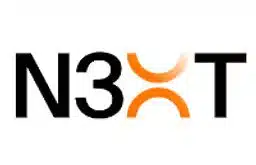The direct carrier billing business has been consolidating for the last few years, and on Monday the latest deal confirmed that surviving players are still willing to pay for volume. London-based carrier biller Bango said it had acquired a major rival, Danal Inc.’s BilltoMobile service, from San Jose, Calif.-based Danal, for $3.5 million, including $3 million in cash and $500,000 in Bango stock.
An attractive asset with BilltoMobile is its integration with all four of the principal U.S. mobile network operators, including AT&T, Sprint, T-Mobile, and Verizon, allowing subscribers from any of the four to use the service. That gives 17-year-old Bango an immediate leg up in the U.S. market.
Founded in 2006, BilltoMobile reported payments volume of $80 million in 2015, almost as much as the $100 million Bango processed. For its part, Bango is reporting rapid growth. The company doubled its volume last year and says volume will double again in 2016, even without including BilltoMobile’s activity.
Carrier billers allow consumers to make purchases online or through app stores by charging them to their mobile bill. The service is usually free to consumers, but mobile networks typically collect a chunky fee, anywhere from 20% to 40%, from merchants on each transaction, on top of any fees levied by the carrier biller.
Transactions are typically limited to digital goods, though carrier billers like Boku Inc. have been pushing into related markets like magazine subscriptions.
As with Bango, Boku has been especially active in acquiring rivals to gain international heft. In the fall of 2014, Boku acquired Germany’s mopay service. And last summer it picked up mobileviewItalia, allowing the U.S. firm to offer carrier billing to 87 million mobile users in Italy.
At the time of that acquisition, Boku claimed it reached 4 billion mobile subscribers across 67 countries, though it did not state an active user count. Bango’s user count stands at more than 200 million in more than 140 markets, exclusive of the BilltoMobile deal. “







